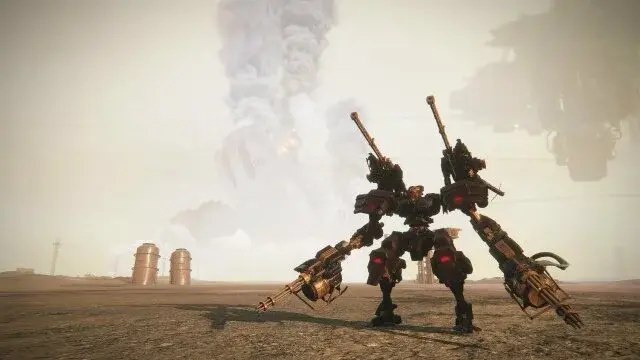they/them
- 1 Post
- 8 Comments

 21·1 year ago
21·1 year agoit doesn’t sound like anything abnormal to just completely forget a new password, let alone one part of it. I would not see anything to worry about in this instance. but if you’re worried about your memory more generally, how is your sleep? do you get enough, is it restful, do you snore, is your schedule consistent, do you eat before bed? there can also be lots of other common factors like unresolved emotional trauma or depression or neurodivergent traits. additionally, memory is a skill that can be trained if you want to have a good memory.
again, this incident is not something to worry about. if you feel like there’s a pattern, there are many things you can look into but start with your day-to-day state. investigate how your body and mind feel. I can’t even begin to get close to saying you may have a particular condition, just want to give some lines of thought you can investigate if you want.

 1·1 year ago
1·1 year agowhat you are describing is the tyranny of structurelessness
and you are correct. structure is impossible to escape. but general hierarchy is not. I’m defining that as a structure in which one party has general powers to control another party, like police.
the opposite would be specific hierarchy - a structure in which a party has power over other parties only in prescribed circumstances, like a bouncer deciding when a person must leave a bar. within the structure of our society, that bouncer can’t leave the bar and start forcing people into or out of other locations. a cop more or less can do that.
therefore, it’s not a given that a “nonhierarchical” society is one of implicit structure. the most successful “nonhierarchical” society would be explicitly structured and would have robust checks and balances through specific hierarchies.
for example, a subject matter expert should probably have preferential influence on decisions within their subject over non-experts. certain amounts of violence may always be necessary, so perhaps certain resources need guards. those guards would not be deciding policy, but they would be administering a pre-designed system of resource access, with the power to enforce that system if someone is trying to hoard that resource. (I’m not certain force will always be necessary, but it’s perfectly believable.)
the best structures would discourage power accumulation with distributed responsibilities and self-improving systems (“laws” that prescribe their own revisions, theoretically with certain provisions that prevent regression toward allowing power accumulating behavior). these structures are not impossible, they’re just difficult to design and they are typically hated by power-seeking parties.

 10·2 years ago
10·2 years ago“hallucination” works because everything an LLM outputs is equally true from its perspective. trying to change the word “hallucination” seems to usually lead to the implication that LLMs are lying which is not possible. they don’t currently have the capacity to lie because they don’t have intent and they don’t have a theory of mind.

 8·2 years ago
8·2 years agoI don’t agree. I think it’s disingenuous to isolate the decision from the context as if it were made unprompted. it comes across as if you are blaming the admins for something you don’t like - if that’s not your intent, then what is ?

 9·2 years ago
9·2 years agoit may seem that way, but that’s not accurate. something had to be done to stem the trolls and lemmy doesn’t provide any tools for less severe action.

 1·2 years ago
1·2 years agoOn the topic of forums, I do like them, but I find they can often feel less “casual” than reddit/Lemmy. Different etiquette, I think.
I agree and it’s what I like about forums. to someone like me they’re more approachable. discord works best for me with friends, but it’s awkward with people I don’t know well


yep. it’s a stupid powerful build but also surprisingly flexible.